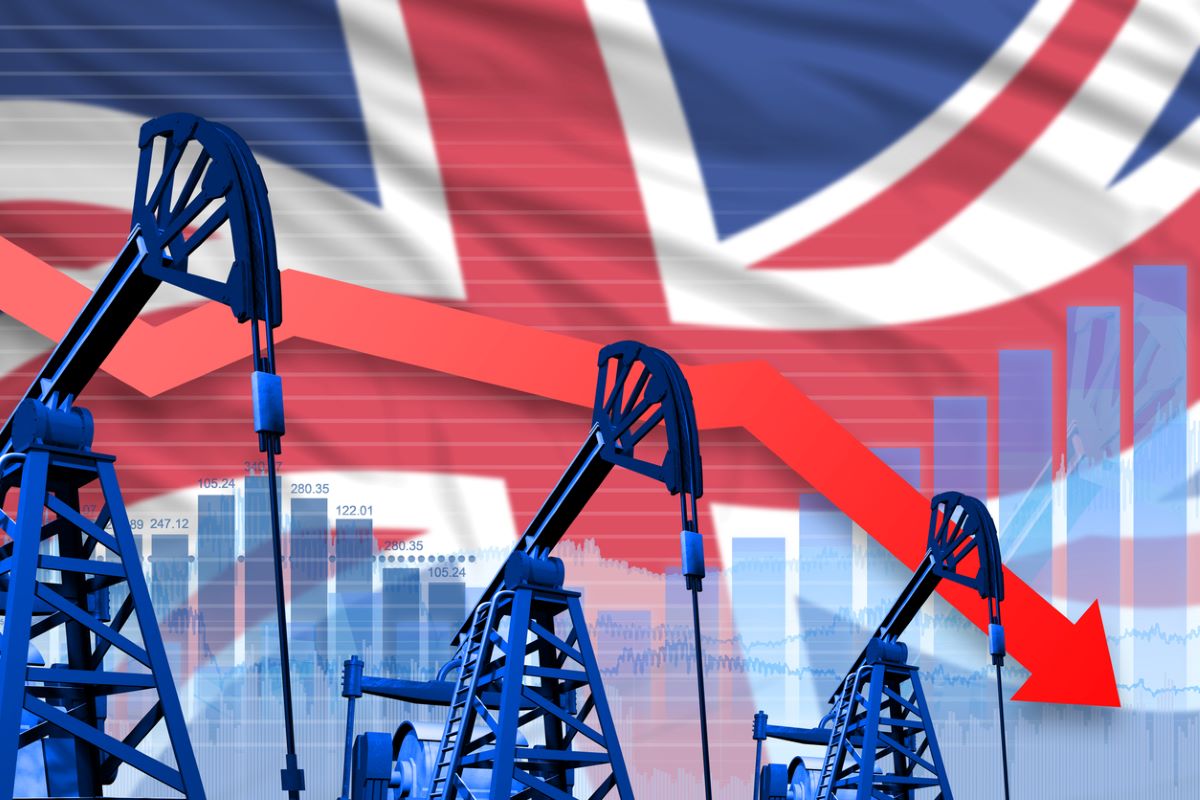Inflation falls to 2.6% as petrol prices drop
The latest inflation figures from the Office for National Statistics (ONS) revealed that inflation had fallen yet again to 2.6%, down from 2.8% in February, inching ever closer to the Bank of England’s 2% target.
It’s thought that petrol prices were the main contributor, falling to 137.5p per litre between February and March. The inflation decrease was also driven by a drop in recreation and culture prices, with toys, games and hobbies, in particular, falling significantly.
"The only significant offset came from the price of clothes which rose strongly this month" said Grant Fitzner, Chief Economist at the ONS.
However, analysts warn that the fall may only be temporary as rising bills and higher business costs could cause inflation rates to rise again.
What is inflation and how is it measured?
Inflation is a measure of how the prices of goods and services have increased over time. Goods are tangible items sold to customers, such as food, while services are tasks performed for the benefit of recipients, such as a haircut. Generally, this increase is measured by considering the cost of things today compared to how much they cost a year ago. The average increase between these prices is demonstrated in the inflation rate.
Rising interest rates directly affect the cost of living. For example, if the price of a bottle of milk is £1, and inflation is increasing by 5%, then your bottle of milk will cost you 5p more. Or, in other words, the spending power of your money has decreased by 5%.
Ideally, the Government wants to keep inflation low and stable. The general mandated target for the Bank of England is 2%. Anything significantly above or below this target is thought to cause issues for the economy.
The cost of living surged in recent years, with inflation peaking at 11% in 2022 - way above the Bank of England's 2% target, partly due to the increase in energy prices following Russia's invasion of Ukraine.
To try to slow price rises, the Bank of England increased rates to encourage people to spend less, in order to bring inflation down.
While the rate has dropped, falling inflation does not mean the goods and services are coming down in price overall, it is just that they are rising at a slower pace.
Check if your savings are keeping ahead of inflation with our inflation calculator below:
If you’d like to know more, or to request a free non-committal initial consultation with one of our advisers, give us a call on 0333 323 9065 or get in touch below.
Arrange a free initial consultation
This article is intended for general information only, it does not constitute individual advice and should not be used to inform financial decisions.
The Financial Conduct Authority (FCA) does not regulate cash advice.

